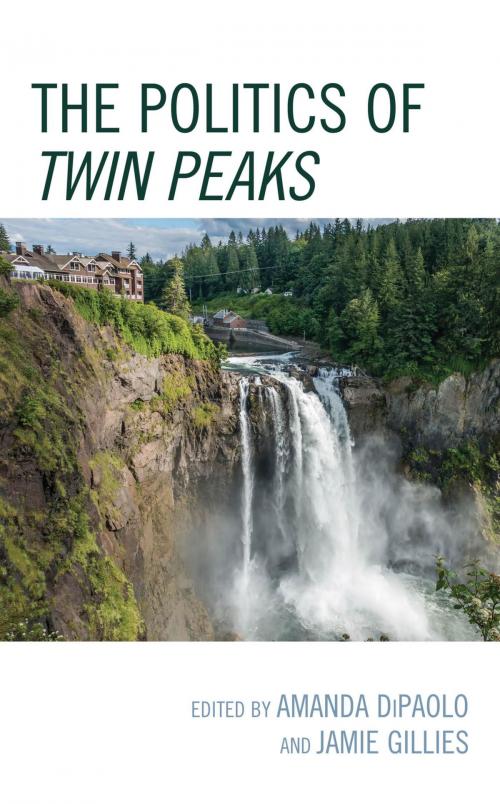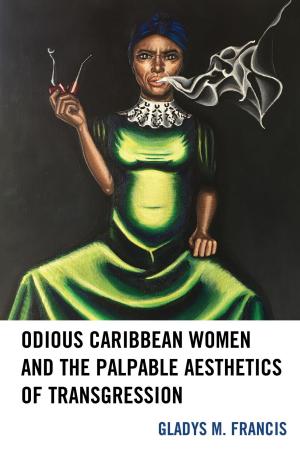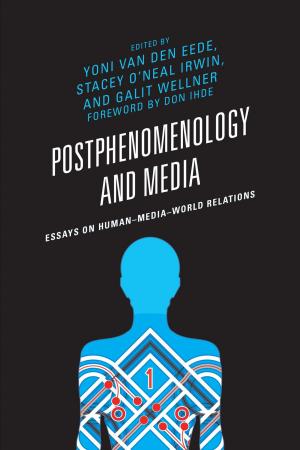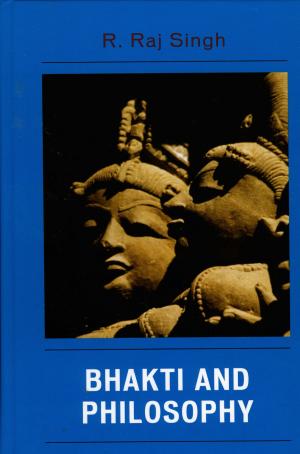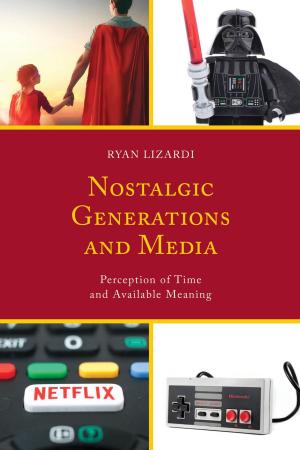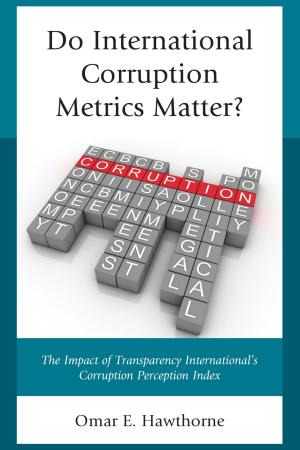The Politics of Twin Peaks
Nonfiction, Entertainment, Performing Arts, Television, Social & Cultural Studies, Political Science, Politics, History & Theory| Author: | Shai Biderman, Amanda DiPaolo, Darci Doll, Martin Fradley, Ronen Gil, James Clark Gillies, Jamie Gillies, Ashlee Joyce, Benjamin Kruger-Robbins, Ido Lewit, Jean-Philippe Ranger, John A. Riley, Stacy Rusnak | ISBN: | 9781498578387 |
| Publisher: | Lexington Books | Publication: | February 14, 2019 |
| Imprint: | Lexington Books | Language: | English |
| Author: | Shai Biderman, Amanda DiPaolo, Darci Doll, Martin Fradley, Ronen Gil, James Clark Gillies, Jamie Gillies, Ashlee Joyce, Benjamin Kruger-Robbins, Ido Lewit, Jean-Philippe Ranger, John A. Riley, Stacy Rusnak |
| ISBN: | 9781498578387 |
| Publisher: | Lexington Books |
| Publication: | February 14, 2019 |
| Imprint: | Lexington Books |
| Language: | English |
The strange and wonderful place of Twin Peaks captivated audiences for more than two decades before its long-awaited return to television in 2017. David Lynch and Mark Frost created a land that embodies the politics of American culture. With its focus on small-town America and life outside urban centers, rural and suburban values play a big part in the overall Twin Peaks narrative. More than just a soapy murder investigation or a mysterious puzzle to be solved, Twin Peaks and Twin Peaks: The Return are metaphors for the political years in which they are set. The Politics of Twin Peaks investigates the show’s engagement with American politics and identity. With a close relationship between the two, Twin Peaks is the rare cultural landmark in both film and television whose timelessness is defined by the fact that it can constantly be reinterpreted. Within that sometimes dreamlike Lynchian narrative, Twin Peaks hints at, sometimes explicitly and sometimes subtly, the political fault lines in the United States. In this edited collection, the politics inherent in Twin Peaks is approached from numerous points of view.
The strange and wonderful place of Twin Peaks captivated audiences for more than two decades before its long-awaited return to television in 2017. David Lynch and Mark Frost created a land that embodies the politics of American culture. With its focus on small-town America and life outside urban centers, rural and suburban values play a big part in the overall Twin Peaks narrative. More than just a soapy murder investigation or a mysterious puzzle to be solved, Twin Peaks and Twin Peaks: The Return are metaphors for the political years in which they are set. The Politics of Twin Peaks investigates the show’s engagement with American politics and identity. With a close relationship between the two, Twin Peaks is the rare cultural landmark in both film and television whose timelessness is defined by the fact that it can constantly be reinterpreted. Within that sometimes dreamlike Lynchian narrative, Twin Peaks hints at, sometimes explicitly and sometimes subtly, the political fault lines in the United States. In this edited collection, the politics inherent in Twin Peaks is approached from numerous points of view.
